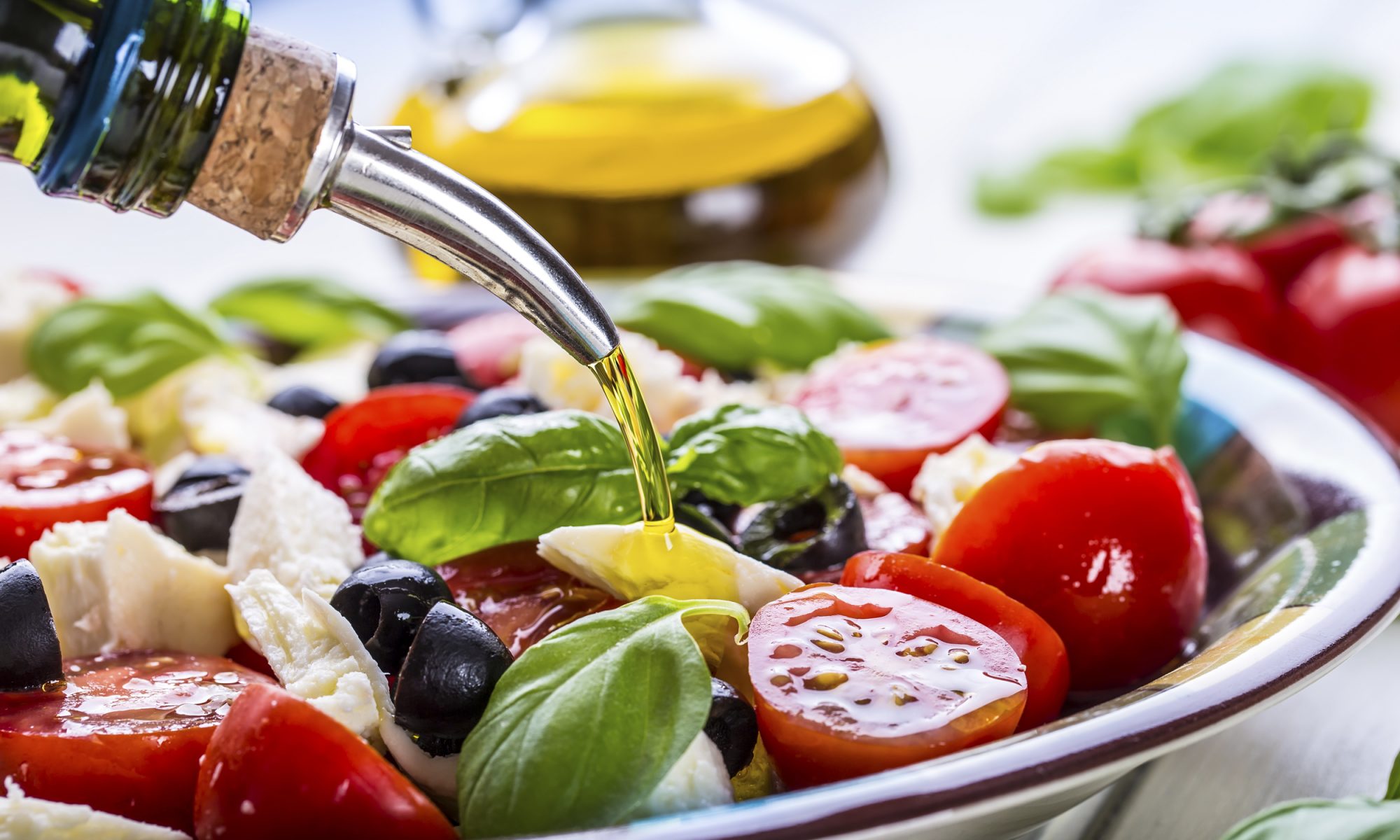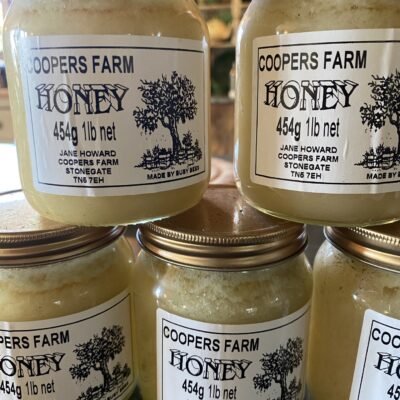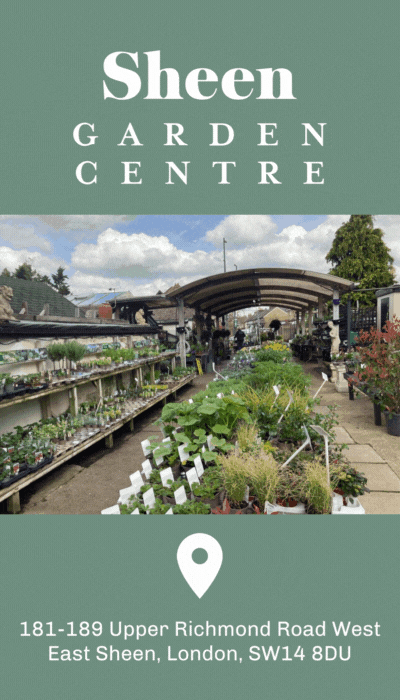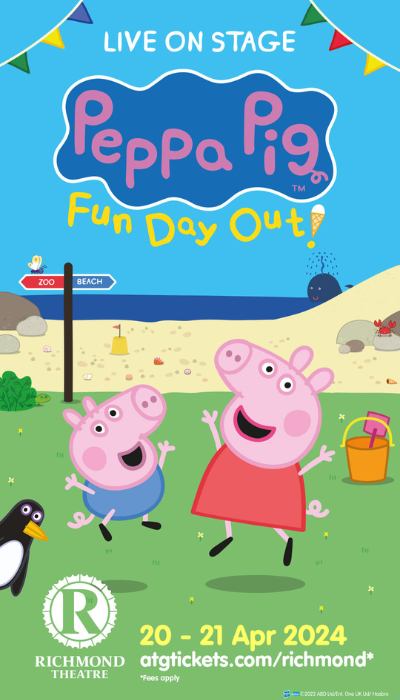Nutrition & Lifestyle Coach Charlotte Lau gives her advice on food choices to support the ageing process
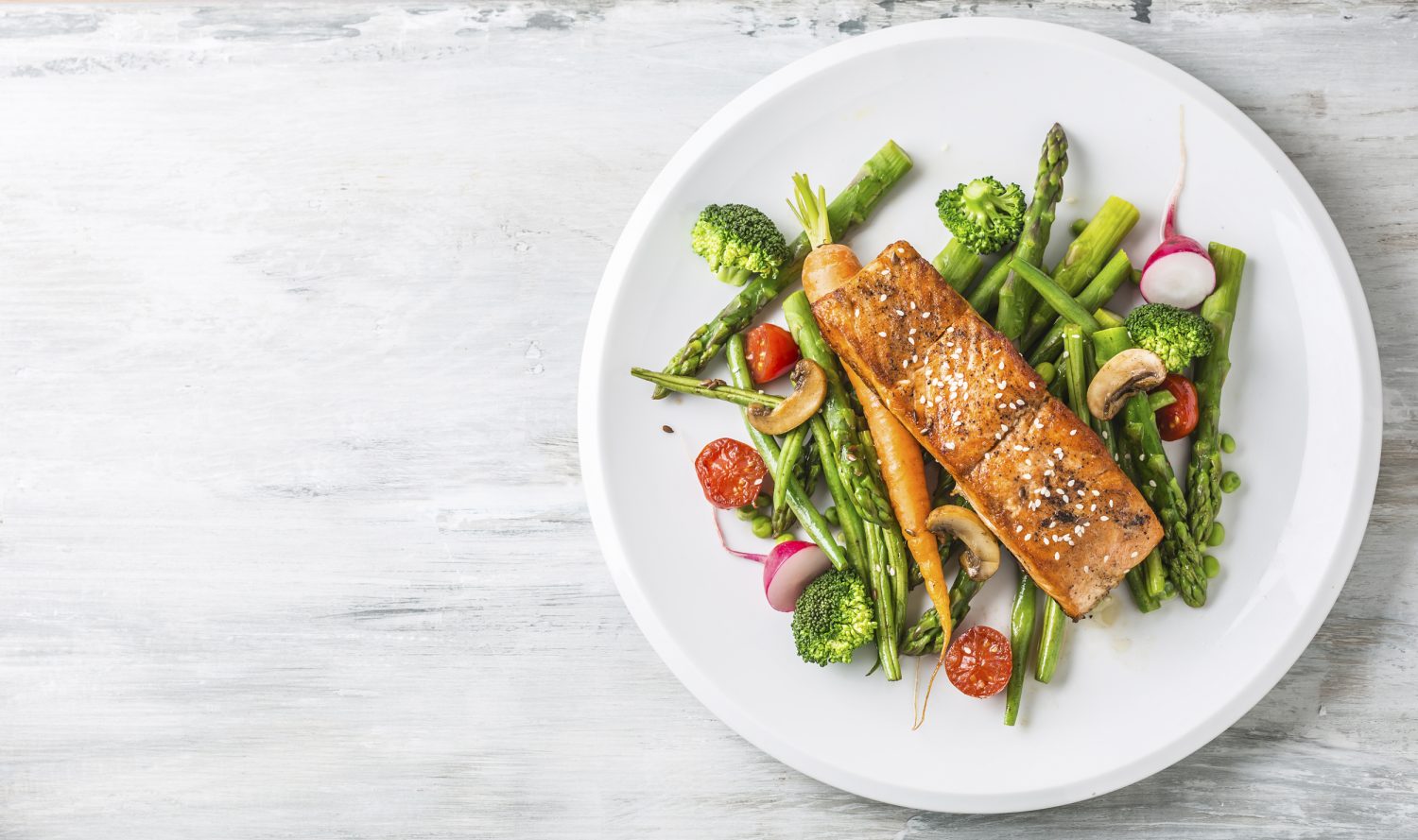
Eating a well-balanced diet is an important part of staying healthy as you age, but getting one well-balanced meal on the table every day, let alone three, can be difficult especially with other challenges such as mouth soreness, duller taste buds, lack of appetite or mobility restrictions come into play as we age. However, nutrition doesn’t have to be complicated, simple adjustments can help you maintain a healthy weight, stay energised, and get the nutrients you need as well as lowering your risk of developing chronic health conditions, such as heart disease and type 2 diabetes. Alongside declining activity levels, energy needs fall in older age and eating less is expected. It is therefore important to prioritise nutrient-dense foods, variety and overall diet quality in older age, to ensure nutrient intakes are sufficient.
Give it a go… Support your bones and joints
As we age we lose muscle mass and bone density (especially for women, as a result of the menopause) which can lead to an increased risk of osteoporosis and bone fragility. Increasing calcium rich foods to protect bone health and obtaining sufficient vitamin D to absorb it is essential. Aim to eat protein at every meal – chicken breast, tofu, mixed pulses or fish all support muscle growth and repair. The role of nutrition in joint health is often tied to reducing inflammation, so try to include oily fish, nuts, seeds and avocados into your diet, as these are high in Omega 3s and support joint health. Look to incorporate some weight bearing exercise into your day to strengthen bones and muscles and help to improve flexibility, balance and coordination. Try dancing, walking, Tai Chi, lifting weights or pilates… it’s never too late to embark on something new!
“Try to include oily fish, nuts, seeds and avocados into your diet, as these are high in Omega 3s and support joint health”
Learn to… eat the Mediterranean way
As we age, our calorific needs generally decrease, while our nutrient requirements stay the same or increase, therefore eating nutrient-rich foods will help us get the vitamins, minerals, protein, carbohydrates and fats we need. The Mediterranean diet is a great way to support our nutritional needs with a focus on vegetables and fruits, beans and lentils, nuts and seeds, whole grain, some dairy and lean protein. Another aspect of the Mediterranean diet that supports a healthy lifestyle is eating together. As we grow older our social circle may grow smaller when things such as mobility or a reduced appetite occur, so when you can, try to eat with friends and family members. Social interaction can turn mealtimes into a more enjoyable affair, rather than a chore you’d rather skip! If larger meals are too much, then try to eat little and often.
Step away from… Skin agers
“Think about ‘eating the rainbow’ and enjoying foods of all colours; carrots, kale, spinach, tomatoes, peppers, beetroot and butternut squash”
After the age of 20 the size of our skin cells starts to reduce and collagen production declines which makes our skin thinner over time. Include foods like fatty fish (e.g. salmon and mackerel) and really try to increase your antioxidants, found in fruit and vegetables. Think about ‘eating the rainbow’ and enjoying foods of all colours; carrots, kale, spinach, tomatoes, peppers, beetroot and butternut squash. Skin supporting selenium is also beneficial, try 2-3 Brazil nuts a day to get your daily intake. When artificial and processed sugar enters our bloodstream, it can attach to collagen and elastin proteins in the skin and start to break them down, so try to reduce the amount of sugary foods you consume as this can damage the skin and reduce firmness.
Charlotte runs Plume Nutrition, where she offers support and advice for weight management, controlling cravings, sleeplessness, stress and increasing energy levels. Find out more at plumenutrition.com
You may also like
Take me to… a UK Staycation
We’re kicking off our new travel feature with a collection of ideas to get you trying something new with explorative and adventurous trips Cornish Escape The Park, Cornwall is an award-winning holiday village, just a short stroll from Mawgan Porth...
Brain power!
Sarah Maxwell explores how exercise affects your grey matter Exercise has long been recognised for its positive impact on physical health. However, many recent studies have shown that exercise also has many transformative effects on the brain, so if you...
Farm Fables
Jane gathers some fascinating honey bee facts as she checks the Coopers Farm hives before their very busy year ahead April… the evenings are longer, the countryside greener and the birds louder. Bliss. Spring has arrived and nowhere is this...
